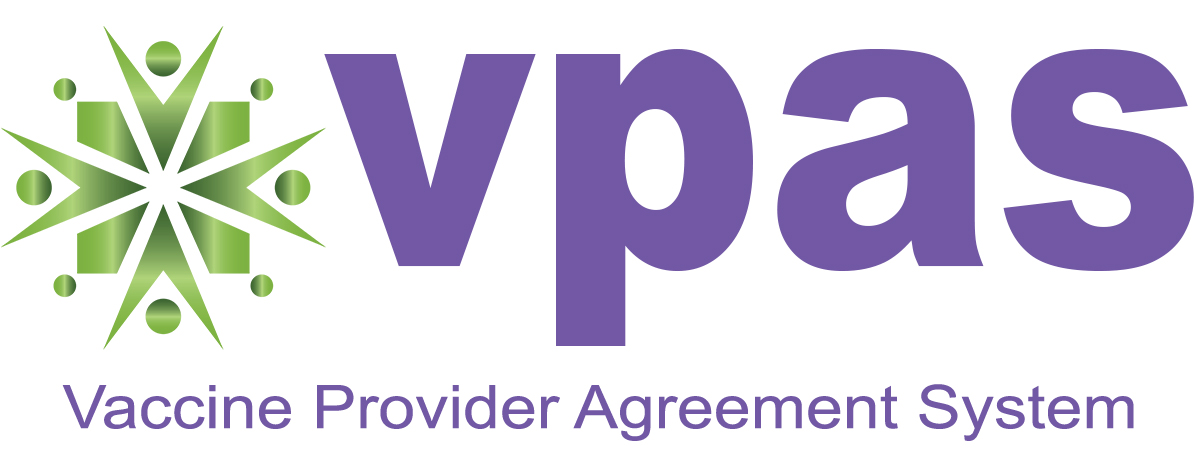 In August 2022 the Office of the National Coordinator for Health Information Technology (ONC) launched the 2022 Public Health Data Systems Task Force as a subcommittee of the Health Information Technology Advisory Committee (HITAC). The task force will meet through the beginning of November to present recommendations continuing and building upon the work of the 2021 task force. Members of the task force include individuals from various levels of government, relevant public health associations, and industry partners. Specifically, the task force is focused on the certification criteria for EHR products certified under the ONC Health IT Certification Program that cover transmission of data from EHRs to public health in these domains...
In August 2022 the Office of the National Coordinator for Health Information Technology (ONC) launched the 2022 Public Health Data Systems Task Force as a subcommittee of the Health Information Technology Advisory Committee (HITAC). The task force will meet through the beginning of November to present recommendations continuing and building upon the work of the 2021 task force. Members of the task force include individuals from various levels of government, relevant public health associations, and industry partners. Specifically, the task force is focused on the certification criteria for EHR products certified under the ONC Health IT Certification Program that cover transmission of data from EHRs to public health in these domains...
 On January 18, 2022 the Office of the National Coordinator for Health Information Technology (ONC) finally released version 1 of the Trusted Exchange Framework, Common Agreement and the QHIN (Qualified Health Information Network) Technical Framework (QTF). Several years in the making, these documents represent the latest attempt at initiating a national health information exchange in the United States. This project is being managed by ONC’s Recognized Coordinating Entity (RCE), The Sequoia Project, and was inspired by both the HITECH Act and 21st Century Cures Act.
On January 18, 2022 the Office of the National Coordinator for Health Information Technology (ONC) finally released version 1 of the Trusted Exchange Framework, Common Agreement and the QHIN (Qualified Health Information Network) Technical Framework (QTF). Several years in the making, these documents represent the latest attempt at initiating a national health information exchange in the United States. This project is being managed by ONC’s Recognized Coordinating Entity (RCE), The Sequoia Project, and was inspired by both the HITECH Act and 21st Century Cures Act.

 Eric Reinhart, who describes himself as “a political anthropologist, psychoanalyst, and physician,” has had a busy month. He started with an essay in the New England Journal of Medicine (NEJM) about “reconstructive justice,” then an op-ed in The New York Times on how our health care system is demoralizing the physicians who work in it, and then the two that caught my attention: companion pieces in The Nation and Stat News about reforming our public health “system” from a physician-driven one to a true community health one. He's preaching to my choir. I wrote almost five years ago: “We need to stop viewing public health as a boring, not glamorous, small part of our healthcare system, but, rather, as the bedrock of it, and of our health.” Dr. Reinhart pulls no punches about our public health system(s), or the people who lead them...
Eric Reinhart, who describes himself as “a political anthropologist, psychoanalyst, and physician,” has had a busy month. He started with an essay in the New England Journal of Medicine (NEJM) about “reconstructive justice,” then an op-ed in The New York Times on how our health care system is demoralizing the physicians who work in it, and then the two that caught my attention: companion pieces in The Nation and Stat News about reforming our public health “system” from a physician-driven one to a true community health one. He's preaching to my choir. I wrote almost five years ago: “We need to stop viewing public health as a boring, not glamorous, small part of our healthcare system, but, rather, as the bedrock of it, and of our health.” Dr. Reinhart pulls no punches about our public health system(s), or the people who lead them... On December 5, 2019, HLN Consulting, LLC participated in The Sequoia Project's day long annual meeting which was held just outside of Washington, D.C. at the Gaylord National Resort & Convention Center. As a leading healthcare informatics consulting company HLN monitors developments in healthcare interoperability nationally with particular emphasis on the impact to public health agencies and their stakeholders. This conference represented a good opportunity to participate in the start of a major interoperability initiative that will play out over the next several years. In addition to this report, the Sequoia Project posted the proceedings of the meeting online, including the recorded discussions as well as the slides from the presentations.
On December 5, 2019, HLN Consulting, LLC participated in The Sequoia Project's day long annual meeting which was held just outside of Washington, D.C. at the Gaylord National Resort & Convention Center. As a leading healthcare informatics consulting company HLN monitors developments in healthcare interoperability nationally with particular emphasis on the impact to public health agencies and their stakeholders. This conference represented a good opportunity to participate in the start of a major interoperability initiative that will play out over the next several years. In addition to this report, the Sequoia Project posted the proceedings of the meeting online, including the recorded discussions as well as the slides from the presentations.  The report takes an annual snapshot of states' public health and emergency readiness. Authored by TFAH since 2003, it...highlights pressing needs for additional action particularly as weather- related and other public health emergencies become more frequent...It identifies specific action-steps that if taken would improve the jurisdiction's overall level of emergency preparedness, including dedicated funding for health security initiatives, modernizing and supporting technologies and innovations within public health programs, and building multisectoral collaboration and leadership.
The report takes an annual snapshot of states' public health and emergency readiness. Authored by TFAH since 2003, it...highlights pressing needs for additional action particularly as weather- related and other public health emergencies become more frequent...It identifies specific action-steps that if taken would improve the jurisdiction's overall level of emergency preparedness, including dedicated funding for health security initiatives, modernizing and supporting technologies and innovations within public health programs, and building multisectoral collaboration and leadership. Two of three consumers revealed they will consider changing their physician and hospital providers in the coming year after learning how their health record was not shareable or available or was blocked in the past year...Five hundred and nine managers of frontline providers confirm the lack of general interoperability across the entire U.S. health care system has detracted from COVID-19 patient care, led to poor health outcomes and higher expenditures, and left population health data muddy and deficient...."Portability of data in the middle of this pandemic is vital," said Doug Brown, President of the survey organization Black Book Research. "But resolving systemic data blocking and platforms interfering with the exchange of patient data are not on the industry's front burner."
Two of three consumers revealed they will consider changing their physician and hospital providers in the coming year after learning how their health record was not shareable or available or was blocked in the past year...Five hundred and nine managers of frontline providers confirm the lack of general interoperability across the entire U.S. health care system has detracted from COVID-19 patient care, led to poor health outcomes and higher expenditures, and left population health data muddy and deficient...."Portability of data in the middle of this pandemic is vital," said Doug Brown, President of the survey organization Black Book Research. "But resolving systemic data blocking and platforms interfering with the exchange of patient data are not on the industry's front burner." Public health information systems have always been a key component of the healthcare ecosystem. Links between clinical care and public health have only been increasing, propelled by the pandemic. As defined by the Public Health Informatics Institute (PHII) in its 2021 Immunization Information System (IIS) Core Competency Model, information systems management is the “application and administration of technologies to securely and effectively meet IIS program and user needs”. The pandemic highlighted the need for public health information systems to collect, track, and monitor vaccine administration for ages newborn through adulthood, and mandated data to be reported or accessible to a broad range of recipients at the local, state and federal level.
Public health information systems have always been a key component of the healthcare ecosystem. Links between clinical care and public health have only been increasing, propelled by the pandemic. As defined by the Public Health Informatics Institute (PHII) in its 2021 Immunization Information System (IIS) Core Competency Model, information systems management is the “application and administration of technologies to securely and effectively meet IIS program and user needs”. The pandemic highlighted the need for public health information systems to collect, track, and monitor vaccine administration for ages newborn through adulthood, and mandated data to be reported or accessible to a broad range of recipients at the local, state and federal level.